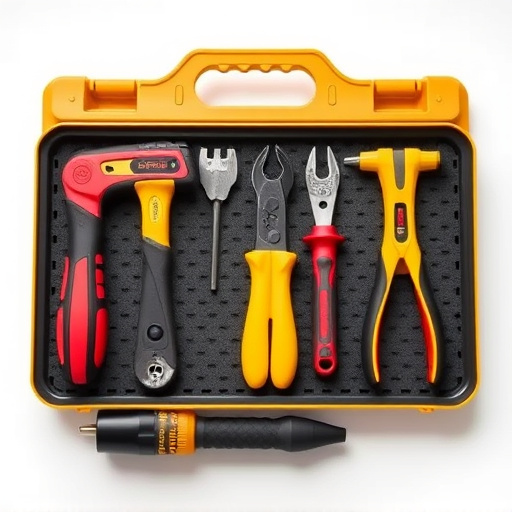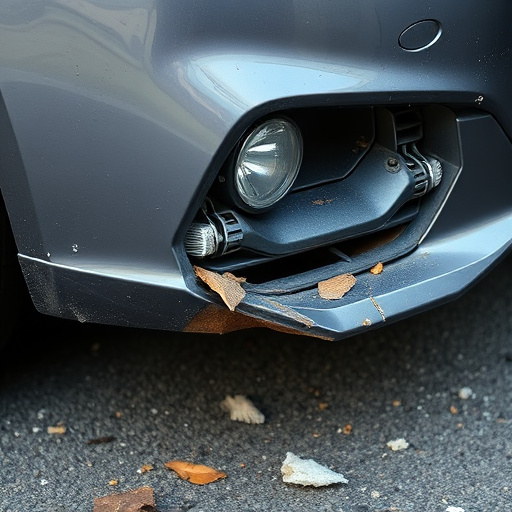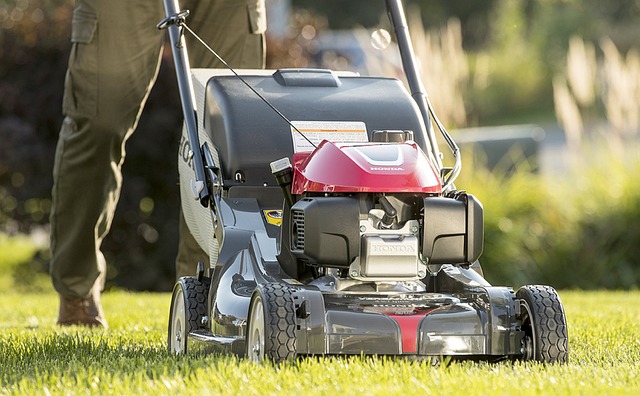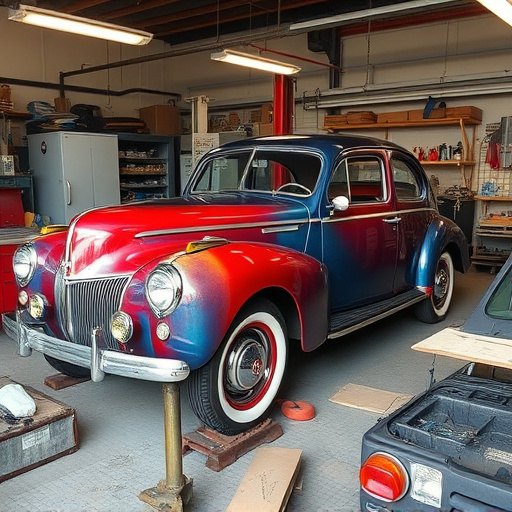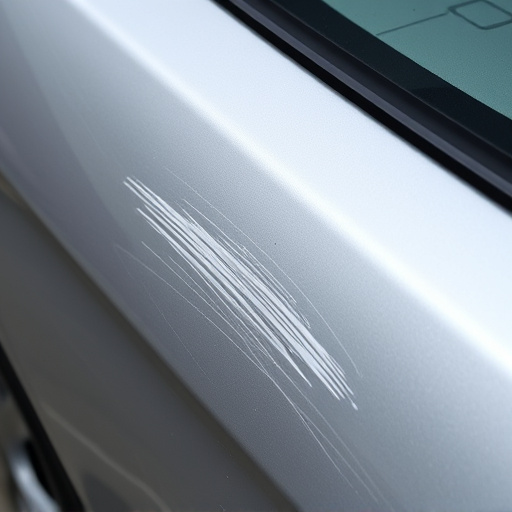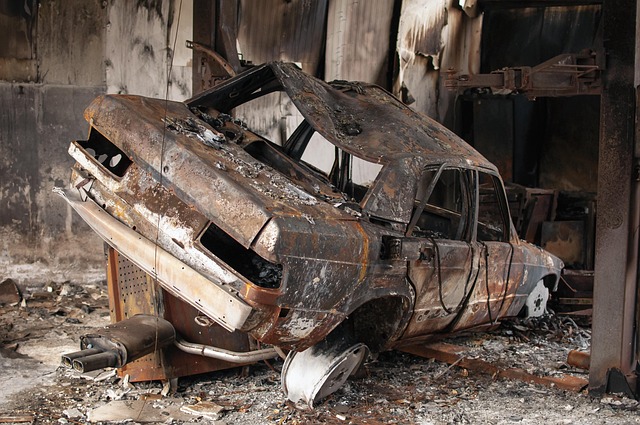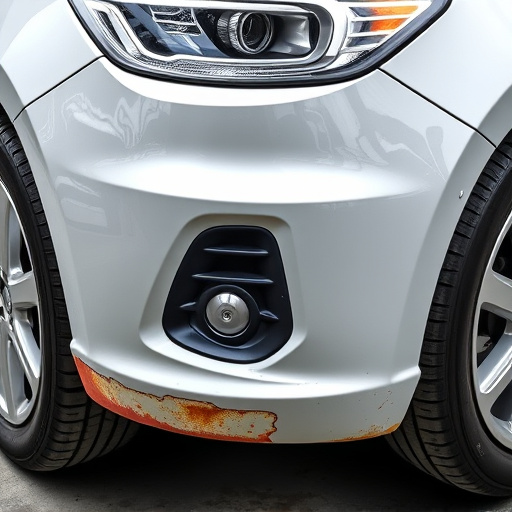Before agreeing to collision repairs, always request detailed, transparent estimates from multiple shops for fair market value and informed decisions. For significant damage, get a second opinion with comprehensive information, photos, noted damages, and vehicle service history to ensure accurate representation of restoration process and cost. Compare quotes from authorized auto body services for high-quality workmanship.
Knowing when to request a second collision repair estimate is crucial for ensuring fair and accurate restoration of your vehicle. This guide explores your rights in collision repairs, helping you understand when an initial estimate may fall short. We’ll walk you through gathering essential information for a reassessment, empowering you to make informed decisions and navigate the process effectively. By understanding these key aspects, you can confidently advocate for a second opinion on your collision repair estimates.
- Understanding Your Rights in Collision Repairs
- When an Initial Estimate Falls Short
- Gathering Information for Accurate Reassessment
Understanding Your Rights in Collision Repairs
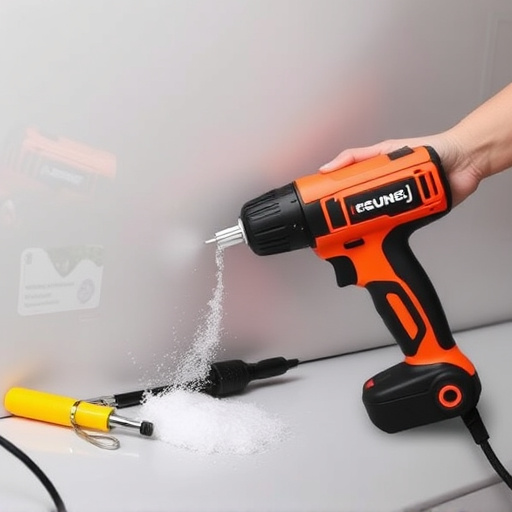
When it comes to collision repairs, knowing your rights is crucial. Always remember that you have the right to receive a detailed and transparent estimate from any auto collision center before agreeing to any work. This includes a clear breakdown of costs, labor rates, and timeframes for completion. Refuse to accept vague or overly simplified quotes; a legitimate collision repair shop should be able to provide a comprehensive, itemized estimate.
In addition, you have the option to obtain second collision repair estimates from other shops, especially if the initial quote seems too high or unclear. This is particularly important when dealing with significant car body repairs or restoration work. By comparing multiple estimates, you can ensure you’re getting fair market value for your vehicle’s repairs and making informed decisions about your auto body restoration.
When an Initial Estimate Falls Short
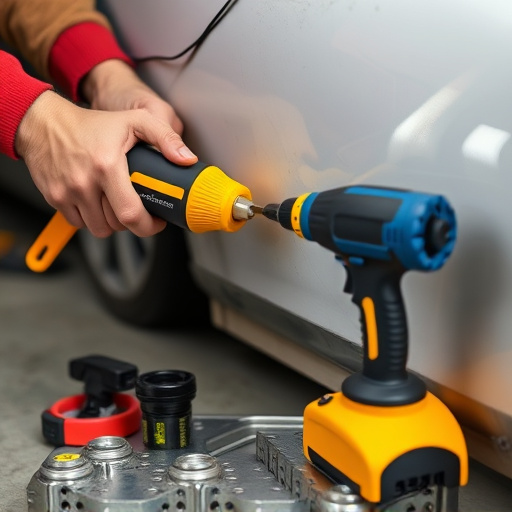
An initial collision repair estimate may seem like a straightforward guide to the cost of repairs, but sometimes it can fall short in several ways. If you notice discrepancies or feel that certain aspects of your car’s damage weren’t adequately assessed, it might be time for a second opinion. This is especially true if the initial estimate omits crucial steps in the repair process, like specialized car paint repair or complex mechanical fixes required after a vehicle collision repair.
When dealing with significant car damage, such as extensive body work or intricate interior repairs, a thorough second collision repair estimate is paramount. It ensures that all necessary components of the restoration are accounted for, providing you with a more comprehensive and accurate representation of what’s involved in getting your vehicle back to its pre-accident condition.
Gathering Information for Accurate Reassessment
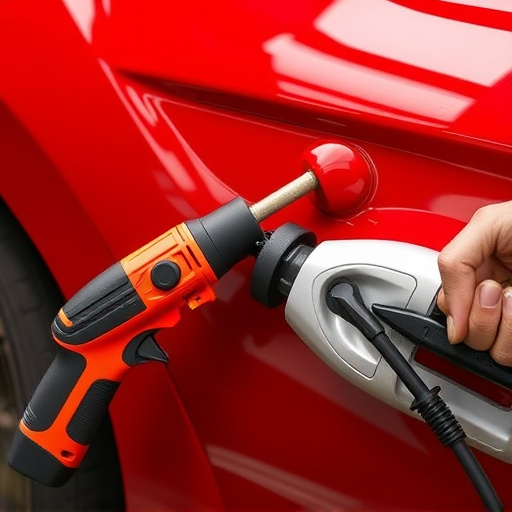
When reassessing damage and considering a second collision repair estimate, it’s crucial to gather comprehensive information. This involves taking detailed photos of the affected areas, noting down specific damages identified during the initial inspection, and understanding the initial repair plan. Additionally, reviewing the vehicle’s service history and ensuring that only authorized auto body services or fleet repair services are considered can prevent potential discrepancies.
Furthermore, gathering quotes from multiple reputable automotive collision repair shops allows for a more accurate comparison. This process enables car owners to make informed decisions, ensuring they receive fair pricing and high-quality workmanship. By meticulously documenting and analyzing these aspects, individuals can navigate the process effectively, leading to a successful second estimate that aligns with their expectations and needs.
Knowing when to request a second collision repair estimate is a vital part of ensuring you receive fair and accurate service. If your initial estimate falls short or you suspect hidden costs, gathering comprehensive information for reassessment is crucial. By understanding your rights and being proactive, you can navigate the process confidently, avoiding potential pitfalls and securing the quality repairs you deserve.

